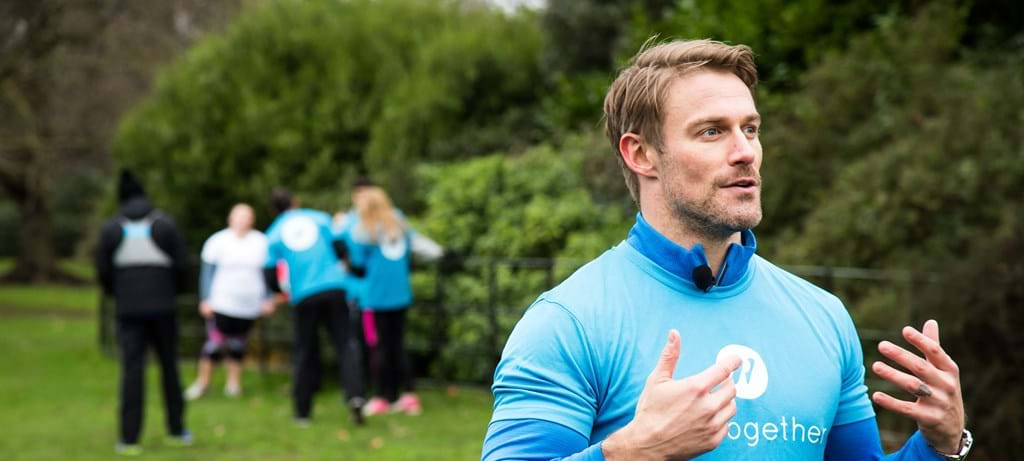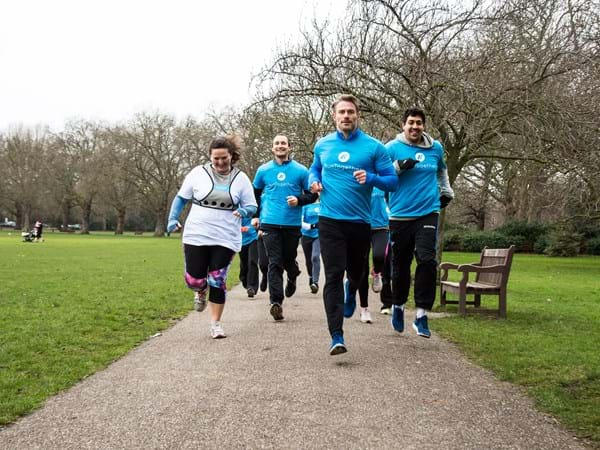
Nutrition Made Simple
Did you know the word ‘diet’ used to mean “a way of life”?
To think a word with such a powerful meaning has been reduced to a six-week programme where people obsess over calories and punish themselves when they make ‘bad choices’.
It can be confusing, so I’d like to take a moment just to scratch the surface of our infamous friend, the calorie. Many of us have fallen victim to the obsessive and oppressive calorie.
Roughly 3500kcal = 1lb of body weight so if you create a deficit of 500kcal/day you would lose a pound of body weight per week. However, this model is flawed.
Not every calorie is created equally and many factors need to come into play before we decide what’s good for us. If you base your health merely on weight loss and calories, you can miss a lot of important nutrients.
I, myself, have been a calorie counting stress-case and have been guilty (not my favorite word to use) of allowing food to control my day.
My message to you is that it does not have to be that difficult. It can actually be educational and enjoyable. While it's important to understand calories and roughly how many are on your plate, I believe it's even more important to understand what you should be eating and how you’re going to make healthy eating a lifestyle.

Here are your six main food groups:
1. Fruits
2. Vegetables
3. Grains, breads, cereals, pasta
4. Dairy
5. Protein meat, fish, poultry
6. Beans, nuts, seeds
Food is fuel and consistency is key in the healthy eating game.
With three main meals and two snacks per day, your body will be working hard like the miraculous machine that it is and your mind and mood will be focused and balanced. It’s simple. Think of a furnace. The more logs you put in that furnace the hotter it gets and so the more energy it generates. Your body’s metabolism is the same. Here's what I recommend to sustain you through the day:
07:00 - Breakfast
Eat something from group one and three and a protein from groups four, five or six.
10:30 - Mid-morning snack
Eat something from group one and/or three and something from groups four-six (smaller than main meals).
13:00 - Lunch
Eat something from groups two and three and a protein from groups four, five or six.
15:30 - Mid-afternoon snack
Eat something from groups one, two or three and something form groups four-six.
19:00 - Dinner
Eat something from groups two, three and five.

Things To Remember
- Have protein with every meal. The leaner the better. I’m a fan of fish so I try to incorporate fish into my eating almost every other day. Remember, protein comes from dairy, beans, nuts and seeds as well
- Stay Hydrated. Carry water with you throughout the day
- Add variety and colour to your plate. Don’t stick to the same foods and same colours. Explore new types of food and different ways to prepare your meals
- Plan ahead. Don’t wait until the last minute to decide what to eat. Make sure you plan and prepare your meals ahead of time
- Fat is your friend. Make sure you are consuming poly-unsaturated (omega-3, salmon, walnuts) and mono-unsaturated (avocado and olive oil) fats a well as some saturated fats like coconut oil, cheese, milk
- Carbohydrates (carbs) are not the devil. Some think all carbs are bad but not all are created equally. Complex carbs will help fuel your run and your day. Grab some whole grains, brown rice, quinoa, sweet potato and feel the true power of the carb
- Keep it simple; try not to stress over food. Don’t look at eating healthily as a punishment but rather a gift that you’re giving your body to feel good and finish your training / race feeling strong